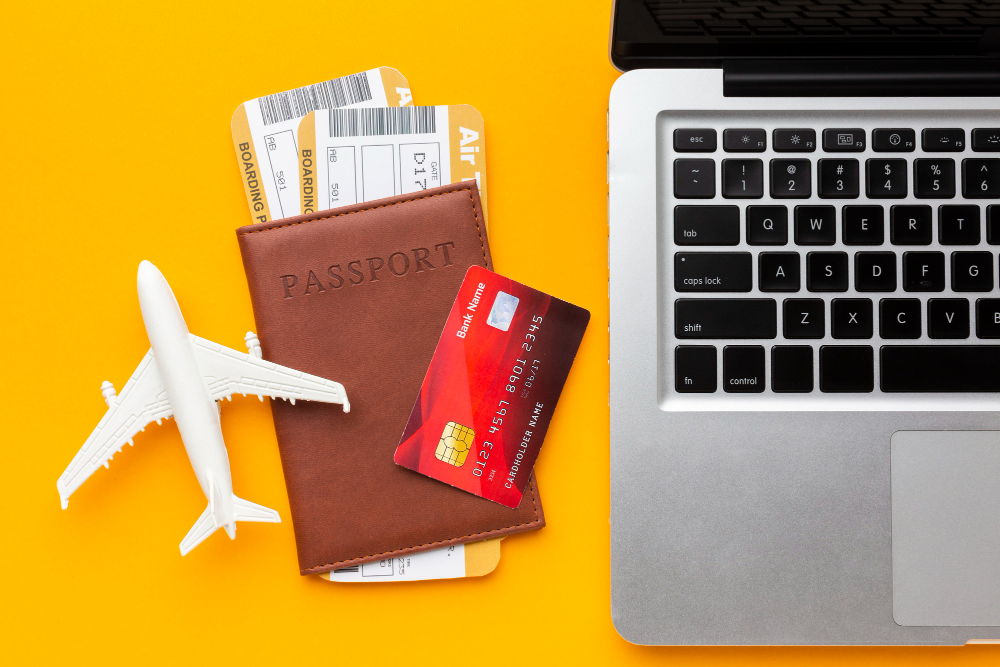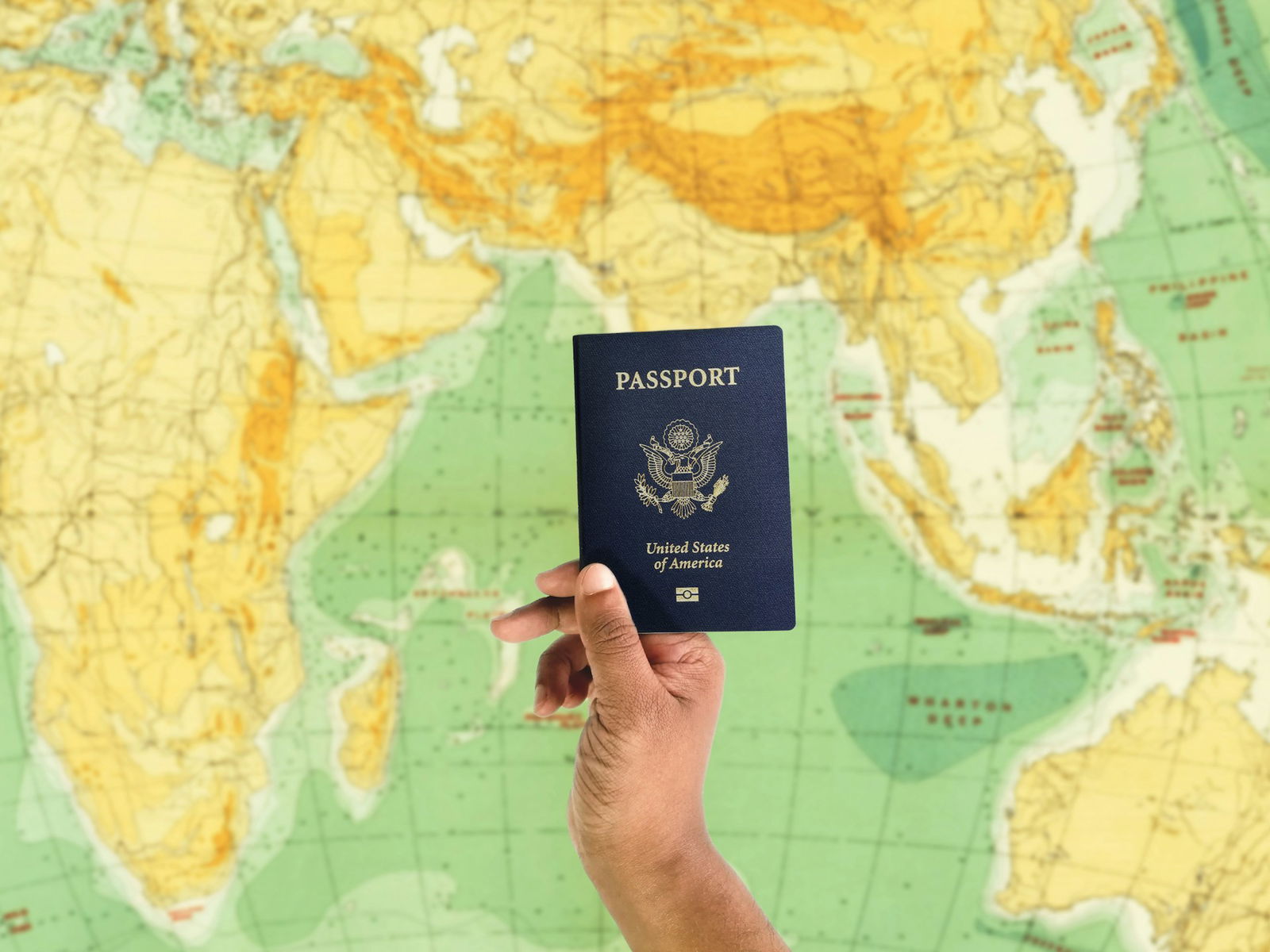
Common Visa Mistakes (and How to Avoid Them)
1. Applying for the Wrong Type of Visa
Mistake: One of the most common errors is applying for the wrong type of visa for your trip. Whether it’s applying for a tourist visa when you need a student visa or vice versa, choosing the wrong visa type can delay your travel plans and cause a lot of frustration.
How to Avoid It: Always carefully research the specific visa requirements for your destination and the purpose of your travel. Most embassies and consulates provide clear guidelines on which type of visa you should apply for. If you’re unsure, don’t hesitate to reach out to the embassy or consult with a professional.
- Example: If you’re traveling for business purposes but mistakenly apply for a tourist visa, you may be denied entry upon arrival because tourist visas don’t typically allow you to work.
Tip: Make a checklist of your travel objectives (business, leisure, study, etc.) and match each objective to the correct visa type. Double-check the country’s official embassy site for detailed criteria.
2. Failing to Meet the Financial Requirements
Mistake: Many travelers underestimate how important it is to demonstrate financial stability when applying for a visa. Countries want to know that you can support yourself during your stay and won’t become a financial burden on their systems. Failing to meet financial requirements—such as not having enough money in your bank account or not having adequate proof of funds—can result in your visa being denied.
How to Avoid It: Be prepared to show documentation of your financial stability. This can include recent bank statements, proof of employment, or a sponsor letter if someone else is funding your trip. Make sure these documents meet the specific requirements outlined by the embassy or consulate.
- Example: If you’re applying for a student visa and fail to show proof of sufficient funds to cover tuition and living expenses, your application may be rejected.
Tip: Check the country’s embassy website for details on how much money you should have in your account, and ensure you provide up-to-date, clear documentation when submitting your application.
3. Not Allowing Enough Time for Processing
Mistake: Visa processing times can vary significantly, but many travelers assume that the application will be processed quickly, especially if they’re applying for a tourist visa. This assumption can lead to last-minute stress and, in some cases, missed flights.
How to Avoid It: Plan ahead and give yourself ample time for the visa application process. While some visas can be processed within a few days, others (especially student or work visas) may take several weeks or even months. As a general rule, apply for your visa at least 6 to 8 weeks in advance.
- Example: If you wait until two weeks before your planned departure and your visa is delayed or denied, you could be forced to postpone or cancel your trip entirely.
Tip: Review the processing times for your destination country and apply as early as possible. If you’re on a tight schedule, check if expedited processing is available, though this usually comes with an additional fee.
4. Incomplete or Incorrect Information on the Application
Mistake: Simple mistakes on your visa application—such as misspelling your name, entering incorrect passport numbers, or leaving out key information—can lead to significant delays or even a visa rejection.
How to Avoid It: Double-check every detail on your application form. Pay special attention to your personal information, travel dates, and passport details. It’s always a good idea to have a second pair of eyes review the form before you submit it.
- Example: If you enter the wrong passport number, the embassy may assume that the document you’re using is not valid, which could cause a delay in your application or even a rejection.
Tip: Take your time filling out the visa application. It’s a good idea to read the instructions carefully and verify that every field is completed accurately before submitting.
5. Not Having a Return Ticket or Proof of Travel Plans
Mistake: Some countries require travelers to have a return ticket or proof of onward travel before granting them entry. Failing to provide this can lead to your visa being denied, even if everything else is in order.
How to Avoid It: Always check whether your destination country requires proof of onward travel before you apply for your visa. If needed, book a refundable return ticket or show evidence of future travel plans, such as a flight out of the country after your stay.
- Example: If you’re visiting a country for tourism, the authorities may want to see proof that you intend to leave the country before your visa expires. Without this, you might be denied entry at the airport.
Tip: If you're unsure about the travel requirements, check the country’s embassy website or ask the consulate for advice. In many cases, showing proof of a return ticket or an onward journey can alleviate concerns about your travel intentions.
6. Overstaying Your Visa
Mistake: This is one of the most serious visa-related errors. Overstaying your visa (even by just a few days) can result in fines, deportation, and even being banned from re-entering the country in the future.
How to Avoid It: Be mindful of your visa’s expiration date and make sure you leave the country before your visa expires. If your travel plans change and you need to extend your stay, check with the local immigration office to see if you can apply for an extension.
- Example: If you enter a country on a 90-day tourist visa but stay for 95 days, you could face penalties upon departure, and your future travel plans could be jeopardized.
Tip: Set reminders for yourself before your visa expires, and if you’re staying long-term, monitor any changes in immigration laws or extension possibilities.
7. Not Checking the Validity of Your Passport
Mistake: Many travelers assume that their passport is valid for any trip, but some countries require that your passport be valid for at least six months after your intended departure date. If your passport is close to expiring, you may be denied a visa or entry into the country.
How to Avoid It: Check your passport’s expiration date well in advance of applying for a visa or booking your trip. If your passport is near expiration, renew it before you apply for a visa. Some countries won’t issue a visa if your passport doesn’t meet their validity requirements.
- Example: If your passport is valid for just 3 months but the country requires 6 months of validity, you’ll be denied entry even if your visa is approved.
Tip: Always ensure your passport is valid for at least six months beyond your intended departure date from the country.
Conclusion: Avoiding Visa Mistakes for a Smooth Trip
While the visa application process may seem daunting, avoiding common mistakes can save you time, money, and frustration. By planning ahead, carefully checking your documents, and ensuring you meet all the requirements, you can help ensure a smooth journey to your destination.
If you’re ever unsure or facing issues during the application process, don’t hesitate to reach out to the embassy, a visa service provider, or a travel consultant for assistance. With the right preparation, your international adventure will be smooth sailing!



